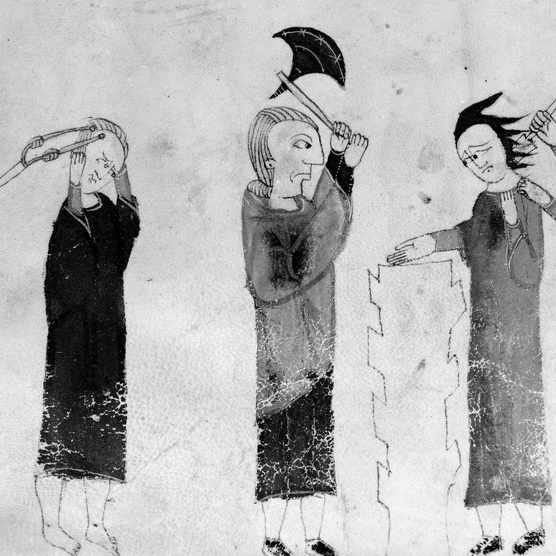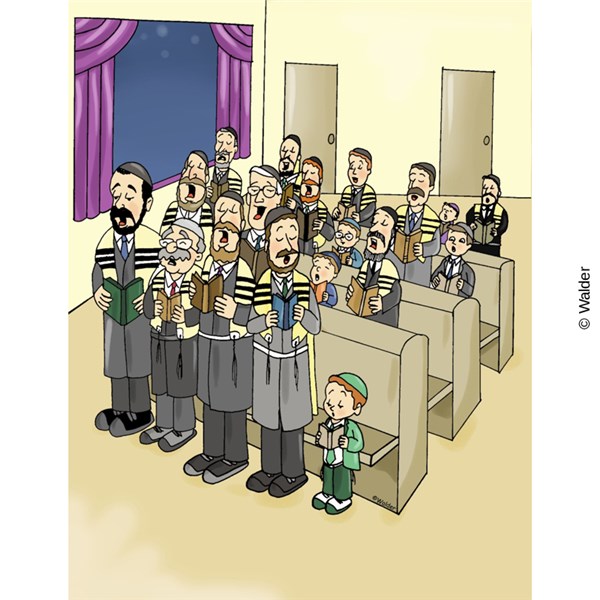Sometimes an unspoken “thank you” can be hidden within a sentence, even, perhaps, within an accusation.
Famously, Resh Lakish (Shabbos 87a) sees in Hashem’s reference to the luchos that Moshe shattered as he descended Har Sinai — asher shibarta, “that you broke” (Shemos 34:1) — a hint of approval for the act, by expanding the word asher, “that,” to y’yasher kochacha: “may your strength be true.” (Presumably, the exegesis is based on the fact that the simple prefix-letter shin could have stood in for the word asher.)
The same word asher (again, unnecessarily) occurs in a pivotal statement by Adam in parshas Beraishis. Accused by Hashem of eating from the forbidden tree, the first man blames his wife, saying, “The woman whom You gave to be with me gave me from the tree” (Beraishis 3:12). The word translated “whom” in that pasuk is asher.
Could there be some subtle acknowledgment of rightness, like Hashem’s of Moshe’s act, in Adam’s blaming of Chava? It’s interesting that, immediately after the punishments for the sin are recorded, Adam gives his wife a name, Chava, that reflects appreciation: “because she has become the mother of all life” (Beraishis 3:20).
Adam, moreover, for his blaming reaction, is called a kafui tova, “one who covers over a good thing” (Avoda Zara 5b). But “covering over” a good implies knowledge that it is indeed good.
There are indeed times when an assignment of blame is wrapped around a hidden kernel of valuing the blamed. A good amount of antisemitism reflects that fact. Some who accuse “the Jews” of nefarious plottings harbor an inner realization that Jews are in fact special. A child might rail against his mother for her cruelty in not giving him the treat he wants, but hidden in his anger — he wouldn’t demonstrate it against a stranger, after all — is the recognition that she is… his mother, the one who loves him dearly.
Might that be true, too, in interpersonal relations? Might Adam have, amid his blaming of Chava, been acknowledging the immeasurable gift that she was to him? And might some of those who lob complaints against us be subtly communicating appreciation?
© 2021 Rabbi Avi Shafran









